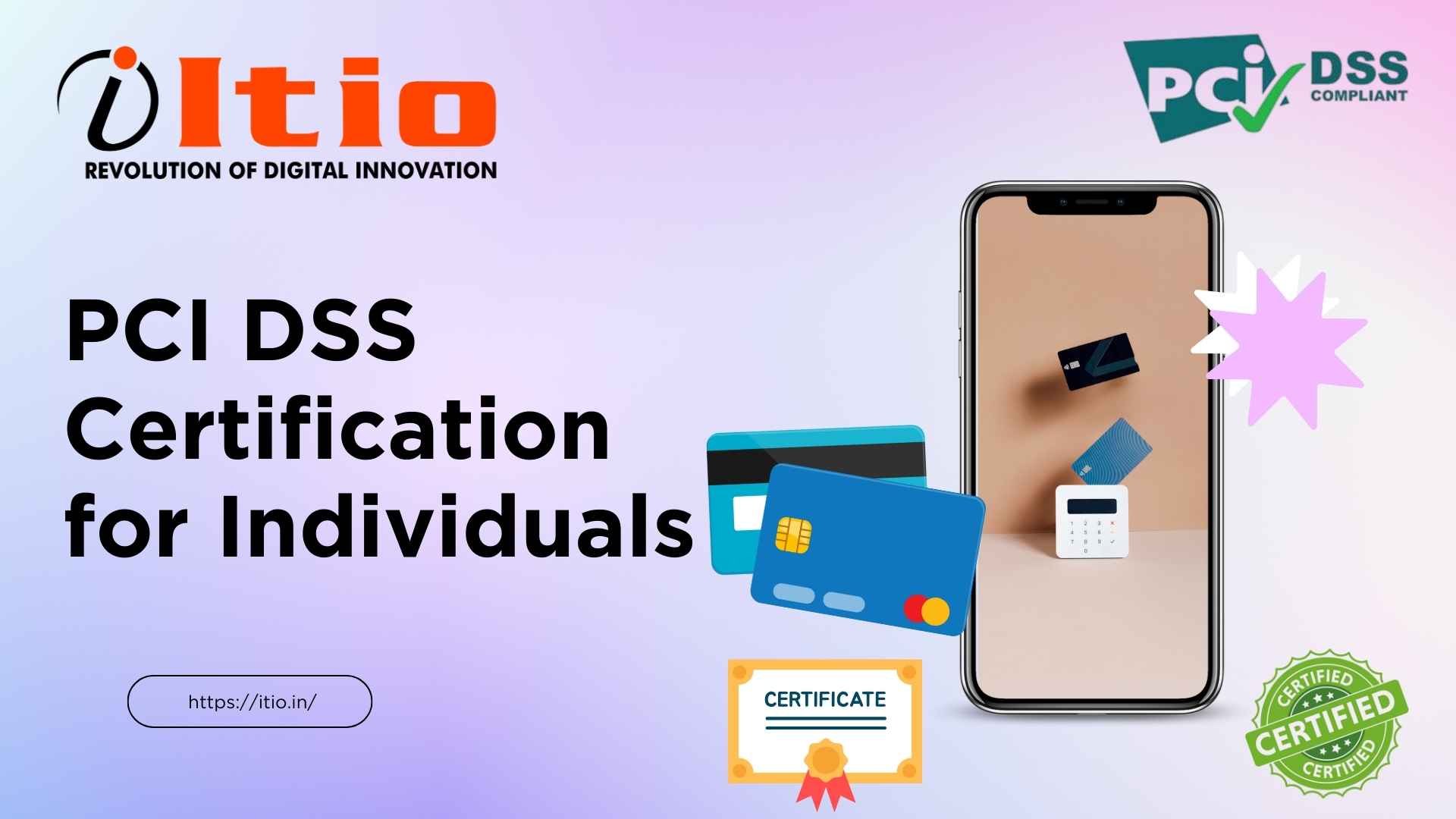Our Blogs
A Few Points To Keep In Mind While Mulling Over CRM Adoption For Your Business

Your sales team is drowning in a sea of sticky notes. Lost leads lurk in forgotten corners of inboxes, and important customer details are scattered across countless spreadsheets. This data graveyard is a breeding ground for missed opportunities and frustrated customers. In today's competitive landscape, where customer experience reigns supreme, disorganized data is a recipe for disaster. That's where CRM software services step in.
CRM is not just a fancy term; it's a powerful tool that can transform your business by streamlining customer interactions and building stronger relationships. But with so many CRM options available, navigating the adoption process can feel overwhelming. Whether you are a small business owner or a growing enterprise, the points explained in this blog will help you to make an informed decision for the adoption of CRM. So get your cup of tea and read on.
Understanding Your Needs & Requirements
Before exploring a few crucial CRM features, take a step back to assess your business's specific needs. Think of it as a needs analysis for your customer relationships. By understanding your current challenges and priorities, you can choose the right CRM software services that's the perfect fit, not just a fancy add-on. Following are the key questions that you should consider before adopting a CRM.
Customer Management Pain Points:
What are your current struggles when it comes to managing customer interactions? Is it lost leads, disorganized sales pipelines, or difficulty tracking customer service interactions? Identifying these pain points will help you understand how a CRM can address them.
Essential Functionalities:
Not all CRMs are created equal. Make a list of the functionalities that are most important to your business. Do you need robust sales pipeline management tools? Marketing automation capabilities? A centralized platform for customer service interactions? Prioritizing these functionalities will guide your CRM selection process.
Budget and Team Size:
CRM development comes in all shapes and sizes, with features and pricing to match. Be realistic about your budget and consider the size of your team. A complex enterprise-level CRM might be overkill for a small business with many employees.
Key Considerations For Smooth CRM Adoption
When you are done with a proper understanding of your needs and requirements, then consider the following points for a smooth CRM adoption process:
Customization is Crucial:
A one-size-fits-all approach rarely works in business, and CRM development platforms are no exception. Look for a system that allows you to customize workflows, design user interfaces, and tailor features to perfectly match your specific business processes. A CRM that adapts to you, not the other way around, is key to successful adoption.
Data Migration and Integration Worries? Relax!
Migrating your existing customer data to a new CRM can seem daunting, but many providers offer data migration services to ensure a smooth transition. Additionally, most CRMs offer API integrations that allow them to connect seamlessly with your existing business tools, like accounting software or marketing automation platforms. This eliminates the need for manual data entry and ensures a centralized view of your customer data.
Turning CRM Users into CRM Champions:
The most powerful CRM becomes useless if your team doesn't embrace it. Investing in comprehensive user training is crucial. Provide clear instructions, hands-on tutorials, and ongoing support to empower your team and encourage them to leverage the full potential of the CRM. Consider offering incentives for the learning process to boost user adoption.
Reliable Support is key Choosing:
A CRM software development company with reliable customer support is essential. Look for a company that offers multiple support channels (phone, email, live chat) and has a proven track record of resolving user issues efficiently. Ongoing support ensures a smooth user experience and empowers your team to address any technical challenges that may arise.
Benefits of CRM Adoption: Reaping the Rewards
CRM adoption is not just about technology; it's about transforming your customer interactions. Here's how a CRM can empower your business to reap significant rewards:
Stronger Customer Relationships:
A CRM becomes your central hub for all customer interactions. Imagine having a complete history of every touchpoint - past purchases, support tickets, and previous conversations. This empowers your team to personalize communication, anticipate customer needs, and build stronger relationships that foster loyalty and advocacy.
Sales and Marketing on Autopilot:
Say goodbye to scattered leads and clunky sales pipelines. A CRM streamlines your sales process, allowing you to manage leads effectively, track opportunities through each stage of the pipeline, and close deals faster. Marketing efforts also get a boost. CRMs enable targeted marketing campaigns, personalized email blasts, and the ability to track campaign performance for better results.
Unleashing Productivity Power:
Imagine a world where data entry is a thing of the past. CRMs automate repetitive tasks, eliminating manual data entry and reducing errors. Your team can spend less time on administrative chores and more time on strategic initiatives that drive growth. Improved data organization also means less time searching for information and more time focusing on what matters most your customers.
Conclusion:
Summing it up, in this digital era, where customer interactions reign supreme, disorganized data can spell disaster for businesses. Enter CRM software services a powerful tool to streamline customer interactions and bolster relationships. From assessing your needs to key considerations and benefits, this blog has equipped you with the knowledge to make an informed decision and transform your business with CRM adoption.







